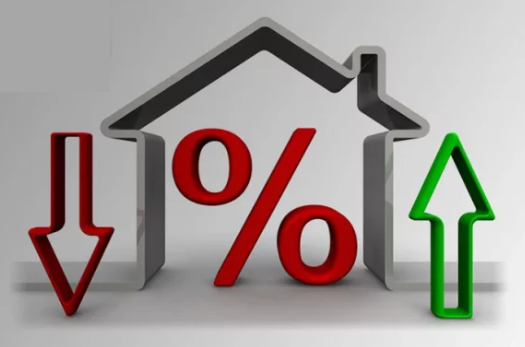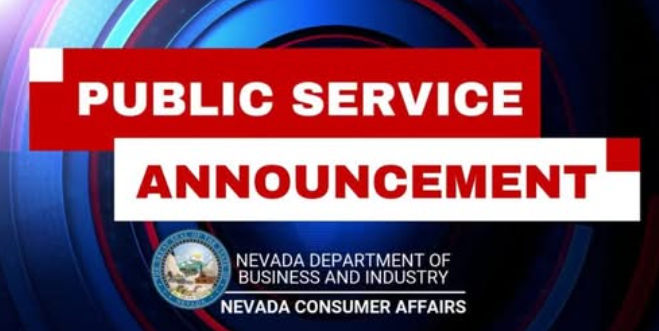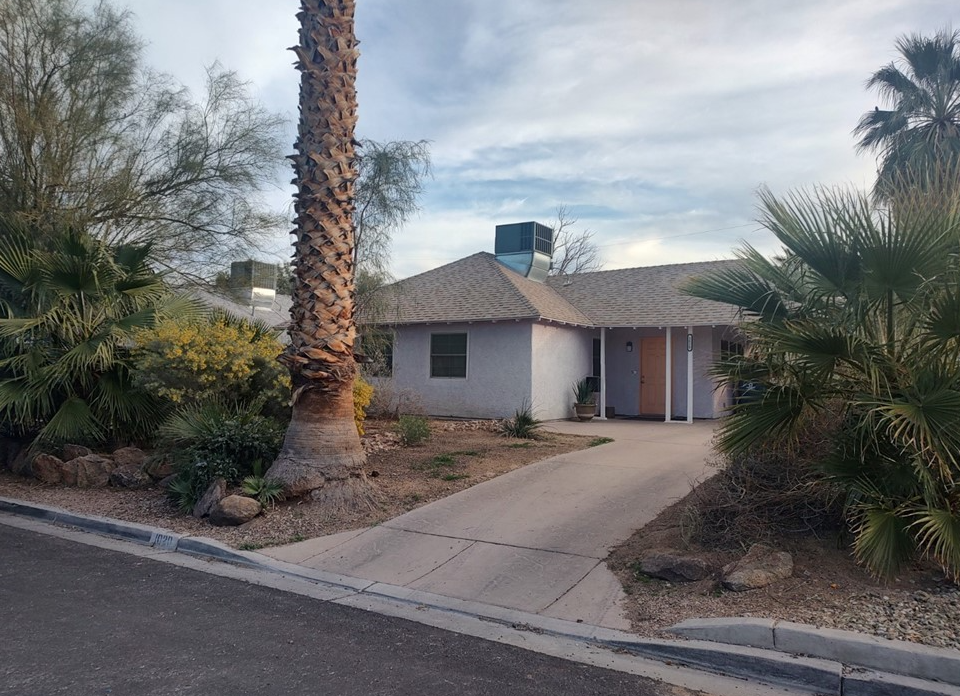What To Know About Closing Costs

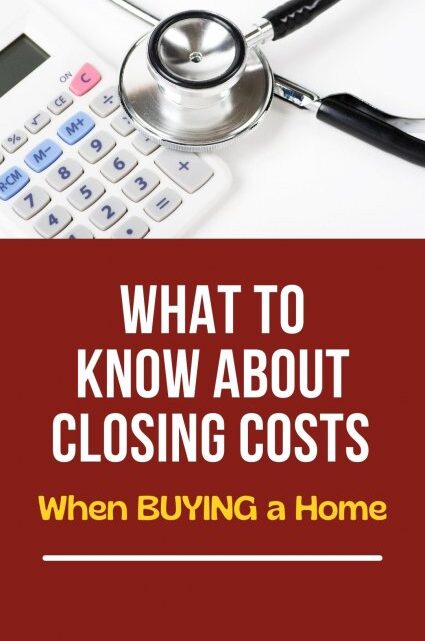
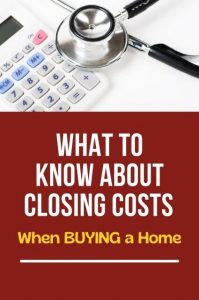 Now that you’ve decided to buy a home and are ready to make it happen, it’s a good idea to plan for the costs that are a typical part of the home-buying process. And while your down payment is probably the number one expense on your mind, don’t forget about closing costs. Here’s what you need to know.
Now that you’ve decided to buy a home and are ready to make it happen, it’s a good idea to plan for the costs that are a typical part of the home-buying process. And while your down payment is probably the number one expense on your mind, don’t forget about closing costs. Here’s what you need to know.
What Are Closing Costs?
Simply put, your closing costs are the additional fees and payments you must make. And while they’ll vary based on the price of the home and how it’s being financed, every buyer has these, so they shouldn’t be a surprise. It’s just that some people forget to budget for them. According to Freddie Mac, this part of the home-buying process typically includes:
- Application fees
- Credit report fees
- Loan origination fees
- Appraisal fees
- Home inspection fees
- Title insurance
- Homeowners Insurance
- Survey fees
- Attorney fees
Some of these are one-time expenses that are baked into your closing costs. Others, like homeowners’ insurance, are initial installment payments for ongoing responsibilities you’ll have once you take possession of the home.
How Much Are Closing Costs?
The same Freddie Mac article goes on to say:
“Closing costs vary greatly depending on your location and the price of your home. Typically, you should be prepared to pay between 2% and 5% of the home purchase price in closing fees.”
With that in mind, here’s how you can get an idea of what you’ll need to budget. Let’s say you find a home you want to purchase at today’s median price of $422,600. Based on the 2-5% Freddie Mac estimate, your closing fees could be between roughly $8,452 and $21,130.
But keep in mind, if you’re in the market for a home above or below this price range, your numbers will be higher or lower.
Tips To Reduce Your Closing Costs
If you’re wondering if there’s any way to inch that down a little bit, NerdWallet lists a few things that could help:
- Negotiate with the Seller: Some sellers are willing to cover part or all of these expenses — especially since homes are staying on the market a bit longer now. Sellers may be more motivated to compromise, and you’ll find you have a bit more negotiation power. So don’t hesitate to ask them for concessions like paying for the home inspection or giving you a credit toward closing costs.
- Shop Around for Home Insurance: Since rising home insurance is a challenge in many areas of the country right now, take the time to get a clear picture of all your options. Each insurance company offers its own policies and coverage, so get multiple quotes and see how they compare. Choosing a policy that provides reliable coverage at a competitive rate can make a difference.
- Look into Closing Cost Assistance: Just like there are programs out there to help with your down payment, options exist to get support with closing costs too. While they’ll vary by area, there are programs for various income levels, certain professions, and specific towns or neighborhoods too. If you want to learn more, Experian says:
“Your real estate professional should be able to steer you toward applicable programs, and the U.S. Department of Housing and Urban Development (HUD) maintains a helpful resource for finding homebuying assistance programs in every state.”
Bottom Line
Planning for the fees and payments you’ll need to cover when you’re closing on your home is important – and it doesn’t have to be a big surprise. With the right experts on your side, you can make sure you’re prepared. Let’s connect so you have someone you can go to for more tips and advice.
Houses that are priced, presented & marketed correctly are selling fast.
Let my 33+ years of Real Estate experience in Las Vegas work for you. 702-378-7055
The information contained, and the opinions expressed, in this article are not intended to be construed as investment advice. Very Vintage Vegas does not guarantee or warrant the accuracy or completeness of the information or opinions contained herein. Nothing herein should be construed as investment advice. You should always conduct your research and due diligence and obtain professional advice before making any investment decision. Very Vintage Vegas, will not be liable for any loss or damage caused by your reliance on the information or opinions contained herein.

